Against a Capitol Fence
Bad ideas come in different varieties. American history has seen them all.
The Bay of Pigs Invasion - bad idea. The Donner Party opting for the shortcut - bad idea. The release of New Coke & Crystal Pepsi - both bad ideas. Some of these notions were star-crossed failures from inception, others were exposed in hindsight, and still others were derailed by unforeseen circumstances. They were all bad, however, and in that they are united.
A permanent fence? Bad idea.
The recent push to erect a permanent fence around the United States Capitol building in response to the insurrectionist riot of January 6th is a bad idea, but this is not enough. It is a manifestly bad, ill-considered, knee-jerk, destructive idea which would do real harm to the American republic. The reasons lie within the Constitution itself.
The Capitol Building sits at the center of the nation’s capital to serve a symbolic purpose - it houses the United States Congress (the legislative branch) and in America’s constitutional system, the Congress is the most important branch of government. Period.
In writing the Constitution, the founders spilled (by far) the most ink in Article I with their design of Congress. This is no happy accident. Articles II & III (defining the Presidency and the Supreme Court, respectively) are shorter in length because they’re of lesser importance. Crucially, the President and Supreme Court check & balance congress, but they are coordinate branches only - NOT coequal.
(A quick digression: If you do a word search among the founding documents - the Constitution, the Federalist Papers etc. - you seldom, if ever, encounter the term ‘coequal’. This is because the term ‘coequal’ came into usage only recently during the Nixon Administration’s attempt to inflate its own power in order to shield itself from investigation during the Watergate scandal.)
“In short, Congress (by design) is the branch closest to the people”
Why is Congress supreme? Beyond the fact that it’s granted the most power within the Constitution, the core of the matter is this: The founders saw Congress as the central branch because the membership of congress is chosen from among the people to directly represent the people’s interests. In short, Congress (by design) is the branch closest to the people.
The Presidency? A position elected indirectly by the electoral college. The states elect the President, not the popular majority. The Supreme Court? The justices are appointed by the President & confirmed by the Senate. No people there.
This is why the Capitol Building sits atop a hill, in the center of Washington, DC. It is why the Capitol Building is considered among the world’s foremost symbols of human freedom & liberty - the temple of America’s republic and heart of our ongoing experiment in representative government. This is also why the attack on the Capitol was so upsetting.
The Capitol Police were unprepared for the attack. The fault lies with them and with those who failed to provide them adequate support. In response to this, the acting Chief of the Capitol Police is advocating ever increasing security and a permanent wall. This has received pushback and rightly so (sign the petition).
There’s a better way to respond to this.
As DC tour guides working throughout the capital region, our job compels us to endure more than our fair share of overbearing ‘security theater.’ We’re made to stand in line for intensive screening at Arlington Cemetery - a site whose surrounding, unguarded wall is so low-lying that it could be feasibly surmounted by a Shetland pony with a running start. We toil through metal detectors at the Smithsonian’s Natural History museum - a process so glacial it echoes the speed of the Pleistocene Epoch.
It occurs to us that what’s truly needed is not more security, but rather security applied more effectively. This is particularly necessary in preparation for eminently foreseeable events (like when you have multiple weeks notice ahead of a massive rally). A permanent capitol fence is not effectively applied security. It is a reactionary surrender of common sense in response to an exceptional and preventable episode.
The current security situation in the nation’s capital is discouraging enough. Let’s not compound the problem by processing US Capitol Building visitors through Checkpoint Charlie; bad visual, bad message, bad idea.
Moreover, it runs counter to the very purpose of Congress - a singularly important institution founded upon the notion that elected representatives should be accessible and responsive to the people they serve. So should the building they occupy. Again, sign the petition or better yet, call your congressperson.
We are against a Capitol fence.
Related Content from Historic America
Journal: John Adams Inauguration: A Reflection of Our Present


